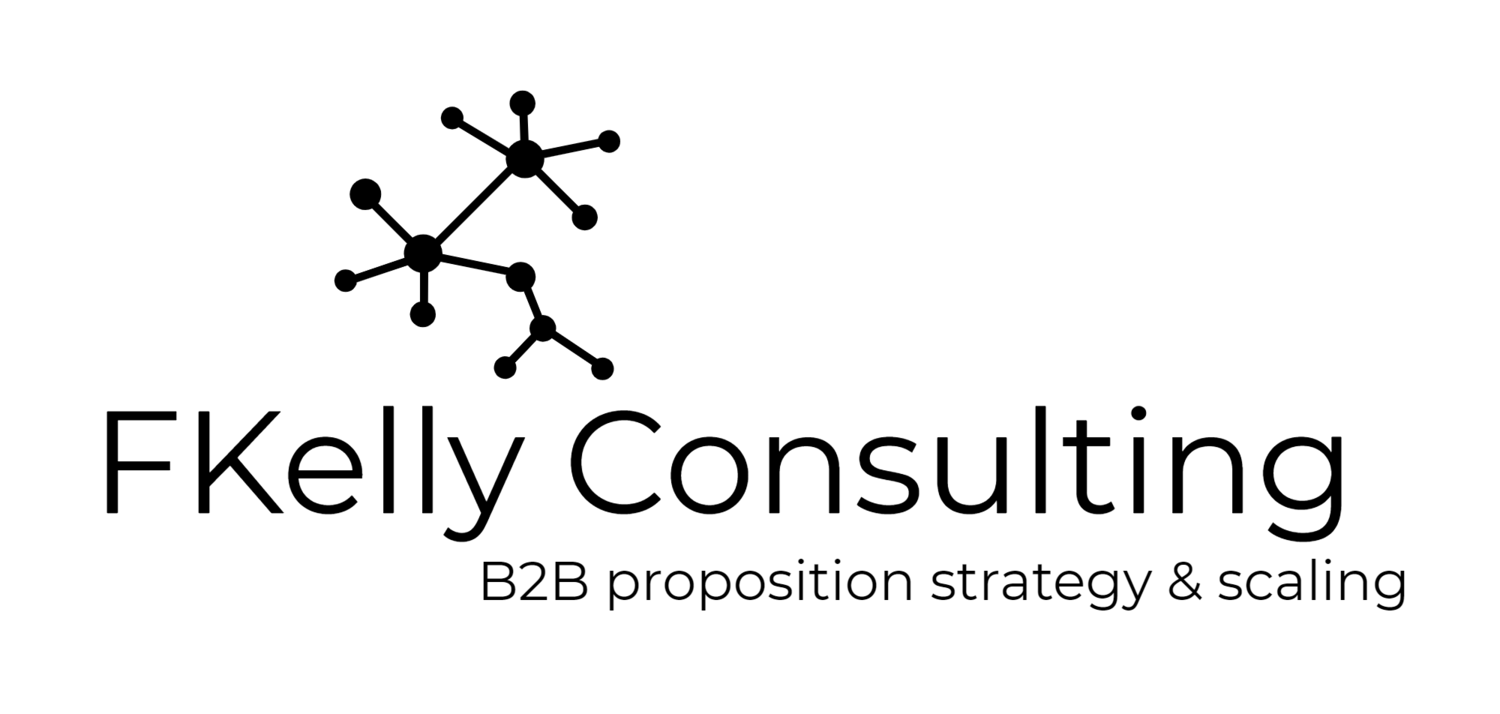Last week I attended the Artificial Intelligence and Blockchain Summit in Malta. While blockchain as a concept is something I’ve looked briefly at before, this was my first immersion into the space, with the AIBC Summit offering a wide spectrum of experiences and ventures in blockchain.
What I found was a unique experience and fusion of energy, commitment, ideology, commercialisation and conviction all thrown together in a heady mix of technology futurism. I attended this conference to understand more as to 4 main questions I had about blockchain technologies.
Are we there yet - is it done?
Why is blockchain so important
Is blockchain enterprise ready?
What are the key challenges ahead
Are we there yet?
With blockchain being in the news for a number of years, my first question was are we there yet? Listening to discussions on the exhibition floor and the various presentations and panel discussions, it became clear that after 10 years the answer was that things were only just getting started. There was a clear note of sobriety in many of the panel discussions, in which speakers referenced that the early years of focus on cryptocurrency and the inevitable speculative crypto bubbles had distracted people from the wider and much more important longer term implications of blockchain. Several speakers said that they considered the last few years to have been a process of seeing these types of speculative being flushed out so that the industry and community can now pay attention to the work of building real sustained value models based on blockchain technologies. So the short answer was that we aren’t there yet, and in many respects it felt there’d been something of an initial gold rush, but now the real business of business building was only now beginning.
Wny is blockchain so important?
So, like most of you I’ve read the papers, the books, the articles about blockchain and its potential, but mostly I wanted to hear directly from those immersed and committed to the blockchain community as to why blockchain was so important. For this, I would say that my favourite summary comes from Brendan McKittrick & David Galea, co-founders of Aeroband. Aeroband was the keynote address at the AIBC Summit as well as winning the Fintech Startup Award at the event. A new platform focused on the aviation sector, both David and Brendan believe strongly that the impact of blockchain capabilities on the aviation industry via the Aerobloc blockchain is not just in how it changes the way the aviation industry does business, stating “its going to change the way we think”.
This theme of a radical rethinking of how things work or should work, based on the permissionless and trustless paradigms of blockchain architectures was a consistent theme throughout. For commitment and community on full display, I can only say that this blockchain event won’t be my last.
Is Blockchain Enterprise Ready?
Having listened and engaged in a number of conversations over the 2 days, it became apparent that this question was both relevant and wrong.
On the face of it, the answer is clearly yes, it is more than enterprise ready with a recent PWC study being cited by at least one panel in which something like 95% of their clients said they were planning to implement some kind of blockchain project or initiative. Furthermore 58% of investors, 50% of consumers surveyed are positive about blockchain and optimistic about its potential for positive impacts.
There was a clear sense and expectation from those attending that the next few years will see an acceleration in the adoption of and deployment of blockchain initiatives. China’s recent publicly stated commitment to blockchain is likely to kick start this acceleration. There are already 500 projects listed with China’s Cyberspace Administrations and its expected that many more will emerge in the coming months and years ahead.
What are the key challenges ahead?
One thing that is apparent is that blockchain and the wider category of Distributed Ledger Technologies remain at the very earliest stages of value creation. Across the many presentations and pitches that I saw, there was often a sense of a technology seeking an application versus a business problem being addressed with a radical technology solution. When all you have is a hammer, everything looks like a nail!
Clearly where blockchain becomes transformational is its ability to support value exchange where no 3rd party or institution is required to authenticate or legitmate that transaction. There are enterprise applications across finance, supply chain, logistics all of which are of great value in lowering transactional processing costs - and this is evidenced by the list of very large companies in finance and other sectors committing to their own usually private or semi-private blockchain implementations.
There will be a growing demand for technology skills but these will need to be complemented by more product and commercial skill sets, particularly those that can help build the bridge between the inefficiences of legacy architectures and systems to plot sustained value models and architectures based on Distributed Ledger Technologies.
My final takeaway was that the challenges of product and business scaling remain the same - deeply understanding the problem you are looking to solve and ensuring that the appropriate technologies and designs are applied with users pains and gains in mind. To a large extent even with blockchain and DLT, the challenges remains the same. Hiowever it is clear that Distributed Ledger Technologies create the opportunity for entirely new ways of thinking which means that future enterprises looking at DLT and blockchain should ensure that they bring design led thinking to the very forefront of their initiatives.
..

